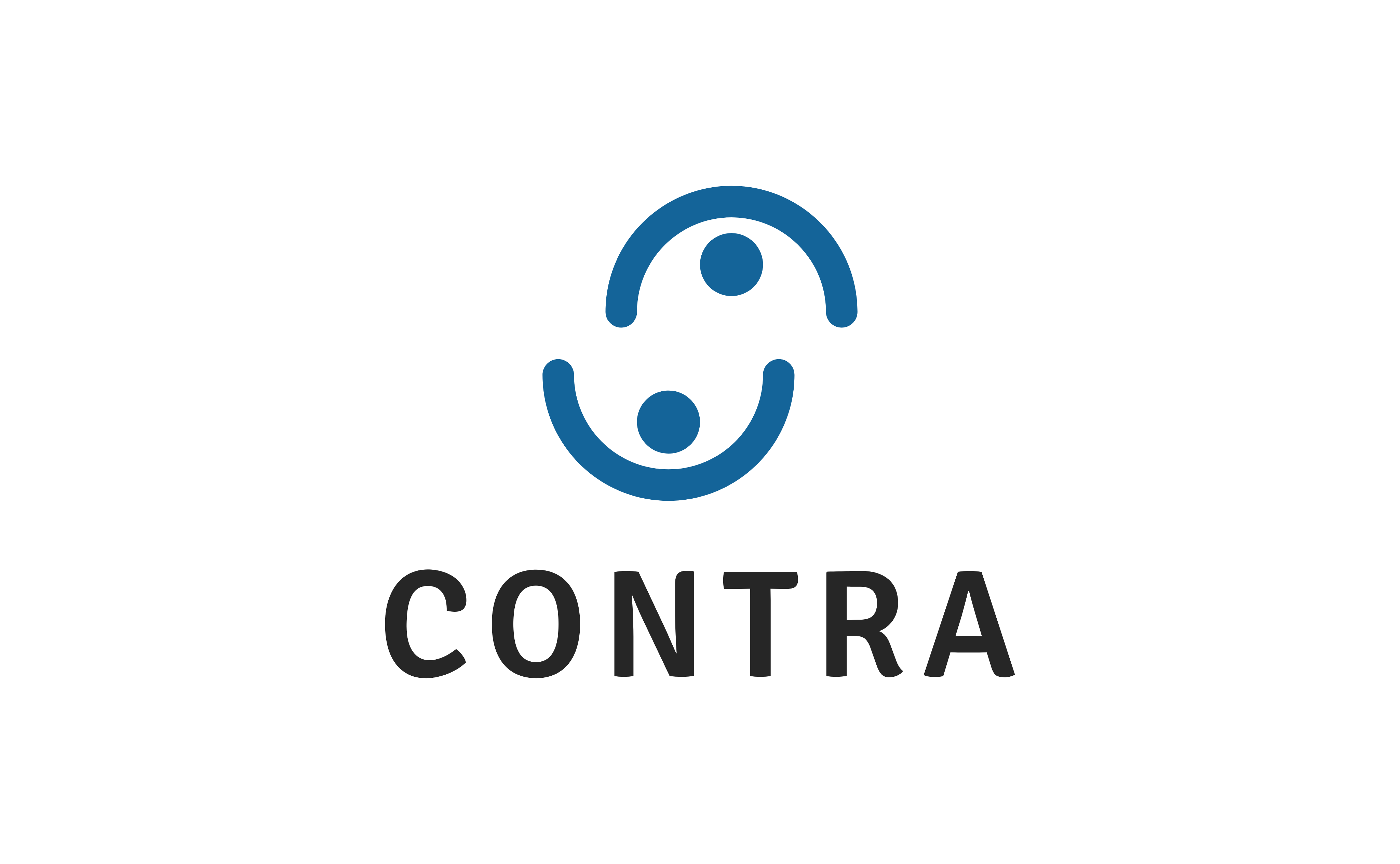
The emergence of algorithmic trading has revolutionized the financial markets, introducing a new era where technology intersects with traditional trading practices. This seismic shift has not only transformed how trades are executed but has also opened up a plethora of opportunities for those looking to forge a career in this dynamic field. Whether you’re drawn to High Frequency Trading, Automated Trading, Quantitative Trading, or aspire to secure a coveted Quant Job, the pathway to becoming a top-tier algorithmic trader is within your reach, regardless of your background. This guide aims to illuminate the essential aspects of building a successful career in algorithmic trading, backed by statistical data, industry insights, and practical advice.
Exploring the Landscape of Algorithmic Trading Jobs
Types of Quants: The realm of Quantitative Analysis is vast, encompassing roles from research quants, who devise trading strategies, to developer quants, who code the algorithms into executable programs.
Who Employs Quants? Quants are in high demand across various sectors, including investment banks, hedge funds, proprietary trading firms, and fintech startups.
Key Employers and Market Demand
A myriad of companies, from global financial giants like Goldman Sachs and J.P. Morgan to specialized hedge funds such as Citadel and Two Sigma, seek talented individuals with quantitative skills. The demand for quants has surged, with the U.S. Bureau of Labor Statistics projecting a growth in the employment of financial analysts, including quants, by 6% from 2020 to 2030.
Recruitment Essentials: What Companies Look For
Resume Tips: Highlight your quantitative skills, programming proficiency (in languages like Python, C++, or R), and any direct experience with financial modeling or machine learning applications.
Job Requirements: Firms seek candidates with a strong foundation in mathematics, statistics, computer science, and an understanding of financial markets.
Interview Preparation: Be ready to demonstrate your problem-solving abilities, coding skills, and knowledge of financial concepts. Real-world scenarios and case studies are commonly used in interviews.
Skills and Qualifications for Aspiring Quants
- Educational Background: A degree in fields such as Mathematics, Computer Science, Engineering, or Physics is often essential, with many professionals holding master’s degrees or PhDs.
- Technical Skills: Proficiency in programming languages, database management, and familiarity with machine learning algorithms are crucial.
- Financial Acumen: A solid understanding of financial theories, models, and instruments is necessary to devise and implement effective trading strategies.
The Role of AI and ML in Algorithmic Trading
The integration of Artificial Intelligence (AI) and Machine Learning (ML) in trading algorithms has been a game-changer, enabling the development of more sophisticated and adaptive strategies. Proficiency in these areas can significantly enhance your career prospects in algorithmic trading.
Continuous Learning and Development
The field of algorithmic trading is ever-evolving, necessitating a commitment to continuous learning and skill enhancement. Engaging in specialized courses, attending workshops, and staying abreast of the latest industry trends are essential for career advancement.
Useful Resources
Several online platforms offer courses and certifications in algorithmic trading and related fields, including Coursera, Udemy, and QuantInsti. Additionally, participating in trading competitions and contributing to open-source trading projects can provide practical experience and enhance your resume.
FAQs About a Career in Algorithmic Trading
- Is algorithmic trading only for those with a finance background? No, individuals with strong quantitative and programming skills from various backgrounds can enter the field.
- How significant is the role of programming in algorithmic trading? Programming is fundamental, as it enables the translation of trading strategies into executable algorithms.
- Can I pursue algorithmic trading as a freelance career? Yes, with the rise of digital platforms and remote trading technologies, freelance opportunities in algorithmic trading are growing.

Leave a Reply